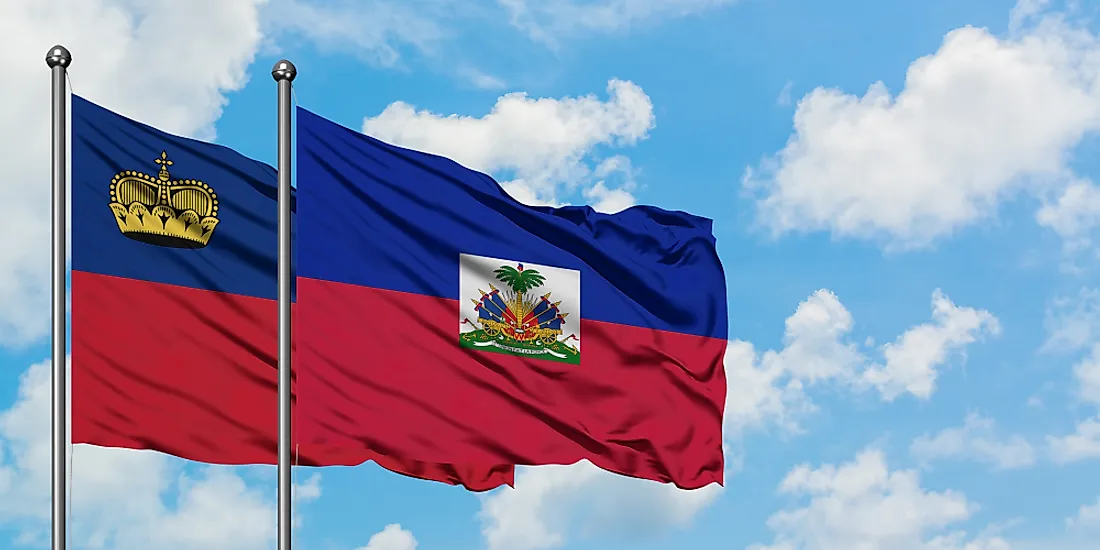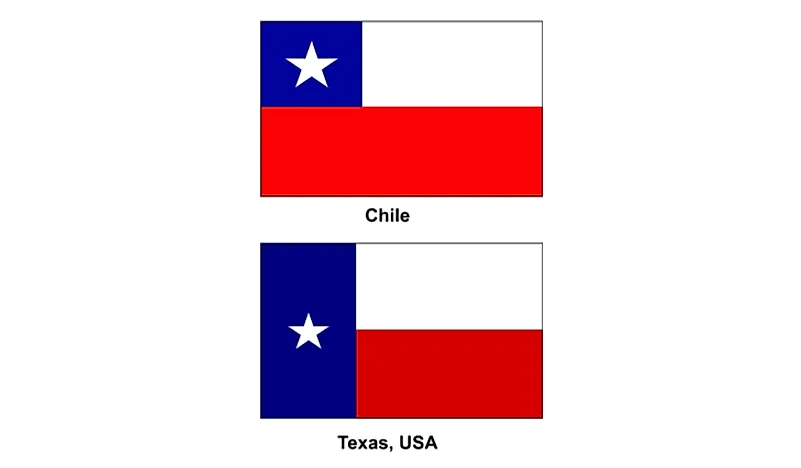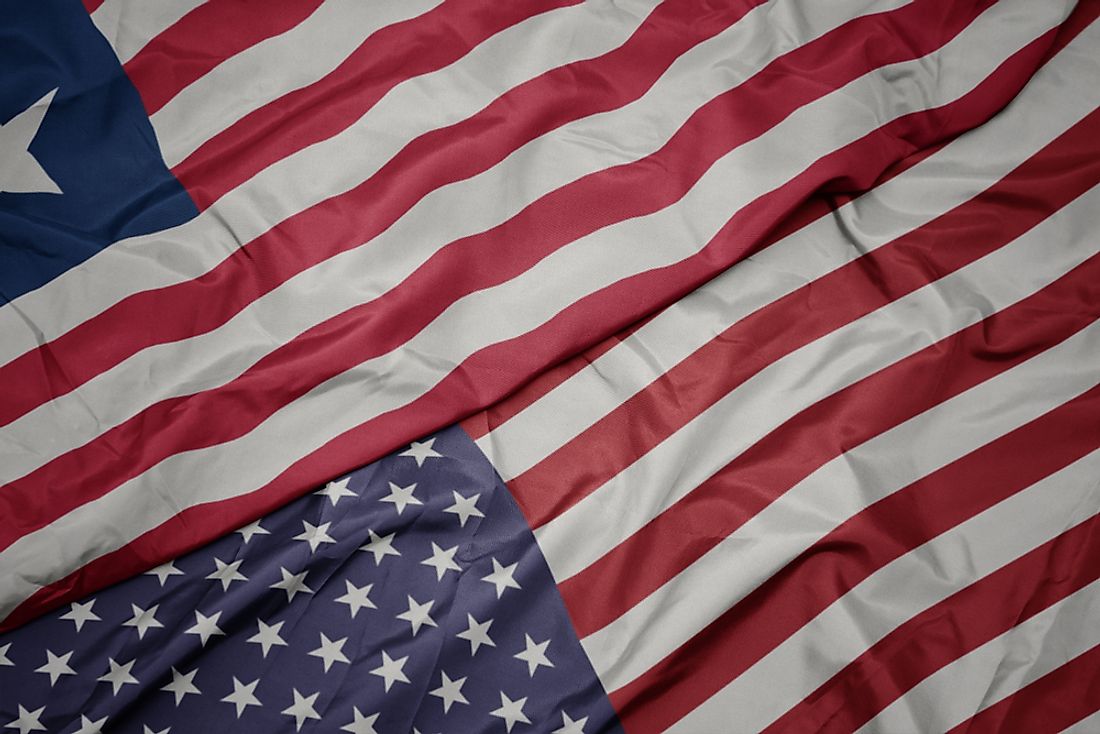The government of Brunei can be classed as an absolute monarchy in which the Sultan of Brunei is the head of state as well as the head of government. The Sultan is advised by five councils, and they are the Council of Ministers, Council of Succession, Legislative Council, Privy Council, and the Religious Council. The Legislative Council has 36 appointed members who hold advisory or consultative roles without the power to create or enforce legislation. The political philosophy is known by the people of Brunei as the Malay Islamic Monarchy.
Under the Constitution of Brunei of 1959, there was a legislative council that was elected, but only one election after this has ever been held in the country, and that was in 1965. The nation has technically been under martial law since the early 1960s when an uprising occurred that was put down by British troops. The state of martial law in Brunei has allowed the Sultan to appoint legislative councillors directly since 1970 and no elections have taken place in the country since 1965. In 2004, the Sultan announced that 15 seats of the Legislative Council would be elected by the people of the nation but no election date has ever been set.
The Legislative Council building is located in Bandar Seri Begawan near Jalan Menteri Besar Recreational Park. Absolute power to enact new legislation is held by the Sultan who will decide whether or not a bill will be passed into law. The official residence of the Sultan of Brunei is known as Istana Nurul Iman, the largest residential palace in the world, and it cost over US$1.5 billion to construct.
Political parties who legally exist in Brunei include the Brunei National Solidarity Party, Brunei People's Awareness Party, and the National Development Party.
This page was last modified on May 1st, 2018
More on Graphicmaps

Published on 2019-11-06
What is a Trade Embargo?

Published on 2019-11-04
Which Two Countries Used to Have the Same Flag?

Published on 2019-09-16
What Is the Only Two-Sided State Flag?

Published on 2019-09-16
Which Country Flag Looks Like the Texas Flag?

Published on 2019-08-29
Flags That Resemble the US Flag

Published on 2019-08-20
